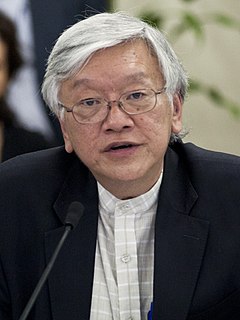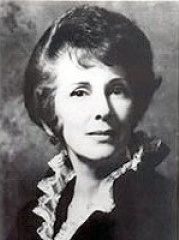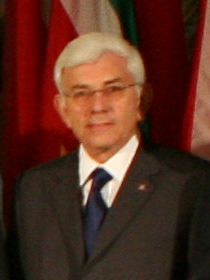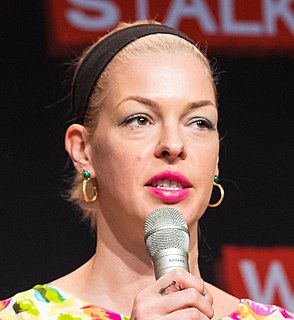A Quote by David Souter
The main drawback, of course, was cost. Participating effectively in World Summit on the Information Society was very expensive for both developing countries and (especially) civil society.
Related Quotes
Kofi Annan described World Summit on the Information Society as the first summit to deal primarily with an opportunity. The range of issues and potential opportunities that might be included in the Information Society is enormous. Compromise texts are very poor at addressing these in any meaningful way, and many governments see little point in trying.
The concept of the "information society" is both vague and all-embracing. Different participants meant different things by it. In practice, though, World Summit on the Information Society only dealt with a small number of issues: ICTs and human rights (to some extent), ICTs and development (to some extent), infrastructure finance and Internet governance. Very large aspects of what might have been included in the "information society" were not really discussed.
It does seem to me, though, that the countries that gained most from World Summit on the Information Society are those that saw it as an opportunity to engage in more diverse discussion about the issues internally and to seek to raise the quality of debate (both in terms of information and understanding).
I don't think that developing countries gained from a two-stage process. A single phase summit (which is, after all, a two year process, not a three day event) would have built awareness, and would probably have led to more substantive conclusions at the end of the first summit meeting. Civil society may have gained a bit more from the networking experience, but it was less effective at networking in the second phase.
[T]here are, at bottom, basically two ways to order social affairs, Coercively, through the mechanisms of the state - what we can call political society. And voluntarily, through the private interaction of individuals and associations - what we can call civil society. ... In a civil society, you make the decision. In a political society, someone else does. ... Civil society is based on reason, eloquence, and persuasion, which is to say voluntarism. Political society, on the other hand, is based on force.
Our society and our organizations have learned to value masculine, 'quick-fix' traits in leaders. In a primitive society, a rural society, or even the industrial society of the early 1990s, quick fixes worked out all right. But they are less likely to work in a complex society. We need to look at long-range outcomes now. Service and patience are what can keep things running effectively today and women can contribute a lot in both of these areas.
Before any man can be considered as a member of Civil Society, he must be considered as a subject of the Governour of the Universe: And if a member of Civil Society, do it with a saving of his allegiance to the Universal Sovereign. We maintain therefore that in matters of Religion, no man's right is abridged by the institution of Civil Society and that Religion is wholly exempt from its cognizance.
We in the small developing countries are beginning to understand that our own citizens share a common fate requiring the active role of government to ensure that every citizen has a chance and means to participate productively within the society and to curb society's dangerous encroachment on the physical environment.





























